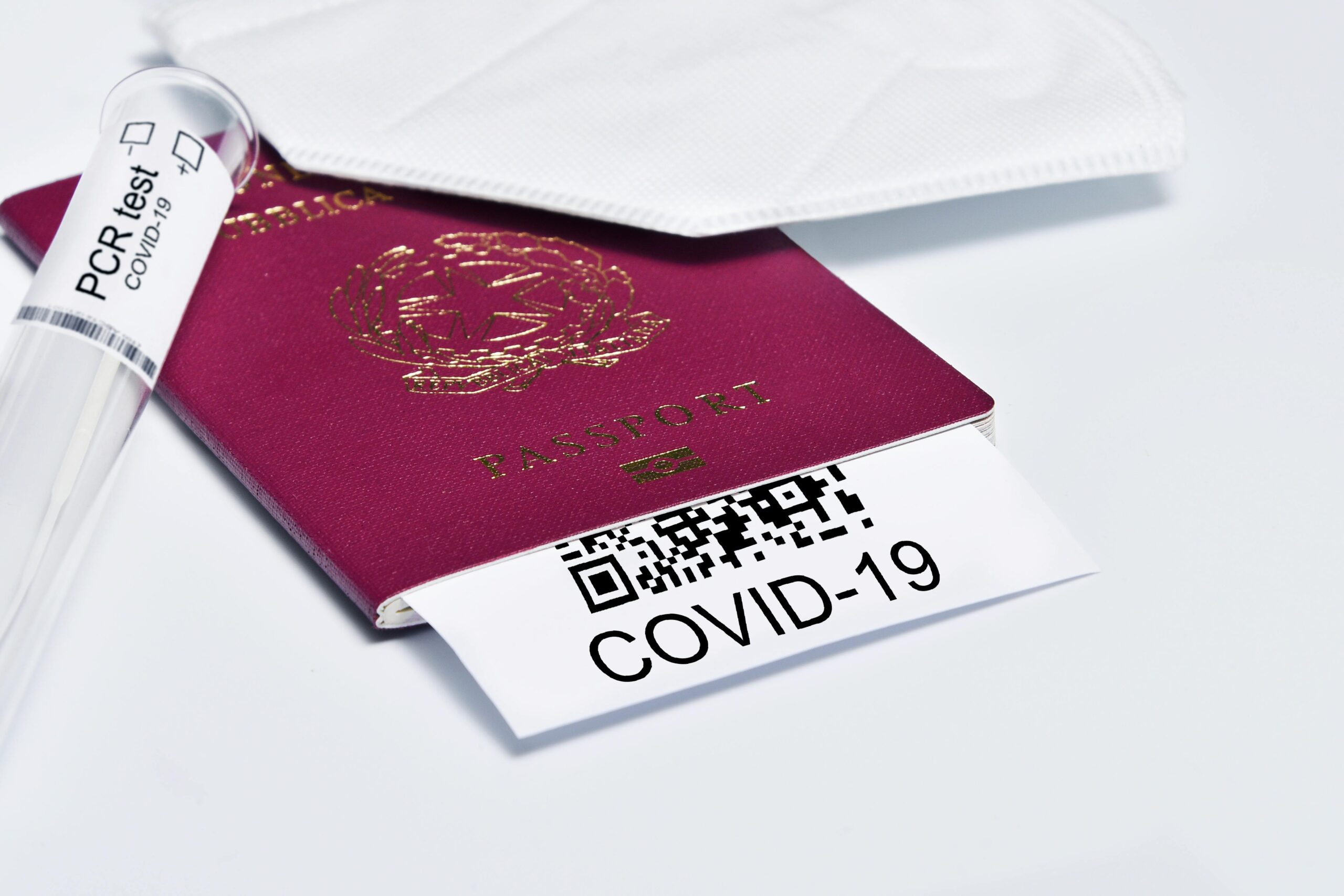Table of Contents
- Introduction: Navigating the Complexities of Implied Status
- Understanding Implied Status in Canada
- Recent Policy Shift: The August 2023 Update
- The Impact on Visa Applicants
- Crucial Steps to Take When Facing Implied Status
- Navigating the Challenges and Avoiding Pitfalls
- FAQ: Implied Status in Canada
Introduction: Navigating the Complexities of Implied Status
The world of Canadian immigration can often feel like a maze, filled with intricate rules and regulations. One concept that frequently causes confusion and anxiety is that of “implied status.” This status, sometimes referred to as maintained status, allows individuals in Canada to continue their stay under certain conditions, even after their initial visa or permit has expired. This article aims to demystify implied status, explain its nuances, and highlight the significant policy changes introduced in August 2023, equipping you with the knowledge you need to navigate this complex area with confidence.
Understanding Implied Status in Canada
Implied status arises when a temporary resident in Canada, such as a visitor, student, or worker, applies to extend their stay before their current status expires. While Immigration, Refugees and Citizenship Canada (IRCC) processes the application, the applicant is considered to have implied status. This means they can legally remain in Canada with the same conditions as their previous status, even if that status has technically expired. However, it’s essential to understand the specifics:
- Timely Application: The application for extension or change of status MUST be submitted before the expiry date of the current status.
- Legal Residency: You must be physically present in Canada when applying.
- Maintaining Conditions: You must continue to abide by the conditions of your previous status. For example, a student must continue to attend classes.
It’s important to note that implied status is not the same as holding a valid visa or permit. It is a temporary measure that allows an individual to remain in Canada legally while awaiting a decision on their application.
Recent Policy Shift: The August 2023 Update
In August 2023, IRCC introduced a crucial policy change affecting individuals with implied status who apply for a new work permit. Previously, these individuals were generally allowed to begin working for a new employer while awaiting a decision on their work permit application, even if their previous work permit had occupation-specific or employer-specific limitations. The recent update places restrictions on those with occupation-restricted or employer-restricted permits. In order to keep working while waiting for the decision, you need to abide to the following.
- Occupation-Restricted Work Permits: Those who had occupation-restricted work permits must continue working within the same occupation while waiting for the decision.
- Employer-Restricted Work Permits: Those who had employer-restricted work permits must continue working for the same employer while waiting for the decision.
In other words, workers with employer-specific work permits or those working in a specific role can’t just switch jobs or roles while on implied status after applying for a new work permit, as this may have an impact on the decision. This change primarily aimed to protect foreign workers, to ensure that there is no abuse of the system, and to ensure the integrity of the Canadian immigration system.
The Impact on Visa Applicants
This policy shift has significant implications for visa applicants in Canada, particularly those seeking to change jobs or employers. Here’s a breakdown of the potential impact:
- Limited Job Mobility: Individuals with employer-specific work permits face restricted job mobility while on implied status. They cannot legally begin working for a new employer until their new work permit is approved.
- Increased Uncertainty: The policy change introduces greater uncertainty, as applicants must now carefully assess their options and potential risks before changing jobs while awaiting a decision.
- Potential for Non-Compliance: Failing to adhere to the new regulations can lead to serious consequences, including application refusal and potential removal from Canada.
For instance, consider a temporary worker with an employer-specific work permit who applies for a new work permit to work for a different employer. Under the previous policy, they could begin working for the new employer while awaiting a decision. However, under the new policy, they must continue working for their original employer until the new work permit is approved.
Crucial Steps to Take When Facing Implied Status
Given the complexities and recent changes surrounding implied status, it’s essential to take proactive steps to protect your interests. Here are some crucial actions to consider:
- Apply Early: Submit your extension or change of status application well in advance of your current status expiry date. This provides a buffer in case of processing delays.
- Understand the Conditions: Clearly understand the conditions of your current status and ensure you continue to comply with them while on implied status.
- Seek Legal Advice: Consult with an experienced Canadian immigration professional to assess your situation, understand your options, and receive guidance on the application process.
- Document Everything: Keep copies of all application materials, correspondence with IRCC, and any other relevant documents.
- Be Transparent: Disclose all relevant information to IRCC and promptly respond to any requests for additional information.
Navigating the Challenges and Avoiding Pitfalls
Navigating the intricacies of implied status can be challenging, but awareness and preparation can help you avoid common pitfalls. Here are some key considerations:
- Avoid Unauthorized Work: Do not engage in any work or activities that are not authorized under your previous status. This can have serious consequences for your immigration prospects.
- Monitor Application Status: Regularly check the status of your application online and promptly address any issues or concerns that arise.
- Be Patient: Processing times for immigration applications can vary, so be prepared for potential delays. Avoid contacting IRCC excessively, as this can further delay processing.
- Stay Informed: Keep abreast of any policy changes or updates that may affect your application or status in Canada.
Staying informed and proactive is key to successfully navigating the Canadian immigration system and maintaining your legal status in Canada.
FAQ: Implied Status in Canada
What is implied status in Canada?
Implied status, also known as maintained status, allows a temporary resident to legally remain in Canada after their initial visa or permit expires, provided they have submitted an application to extend or change their status before the expiry date of their current permit. While IRCC processes the application, the applicant can stay in Canada with the same conditions as their previous status.
What does the August 2023 policy change mean for work permit applicants?
The August 2023 policy change restricts individuals with occupation-restricted or employer-restricted work permits from changing jobs or employers while on implied status, after a new work permit application has been submitted. Those workers must continue working within the same occupation for the same employer while awaiting a decision to avoid non-compliance.
How can visa applicants avoid problems with implied status?
To avoid issues, visa applicants should apply for extensions or changes of status well before their current status expires. It’s important to understand and comply with the conditions of their current status and seek legal advice from an immigration professional to stay informed about any changes that may affect their application or status.
What happens if an application for extension is refused?
If an application for extension or change of status is refused, the individual typically loses their implied status and may be required to leave Canada. The refusal letter will outline the reasons for the decision and any options for appeal or review.
Talk to us to find out more. ->
The content above is not intended to provide legal advice or opinions of any kind and may not be used for professional or commercial purposes.







